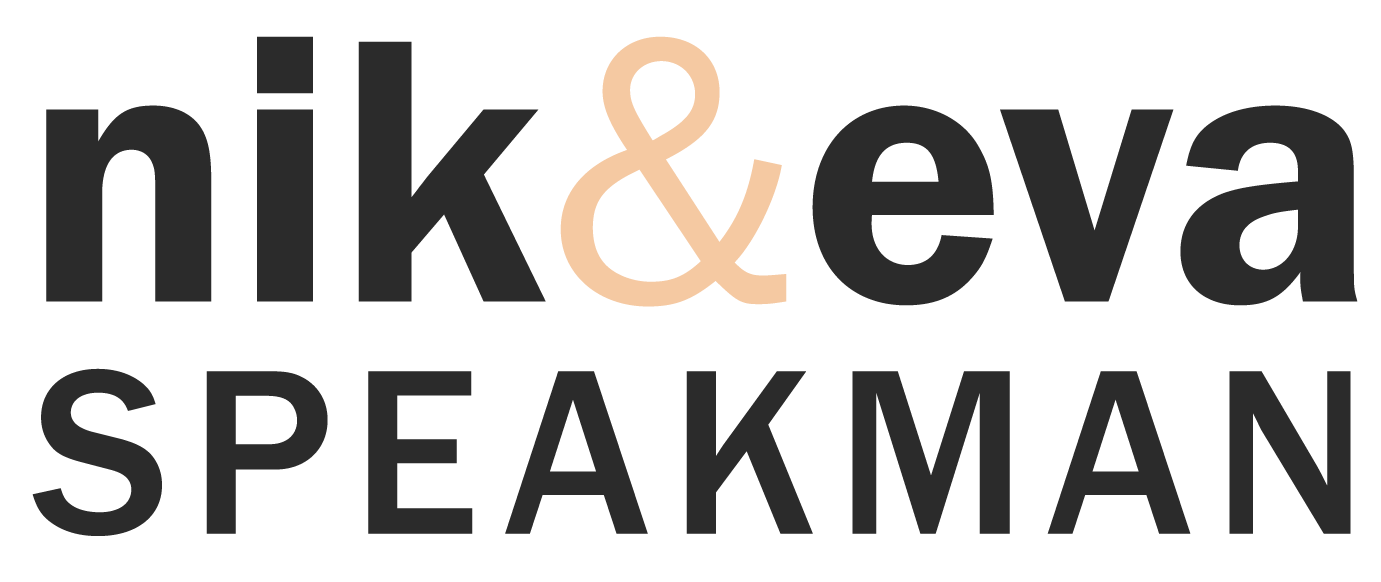Our very own worst enemies
Accept responsibility
This is one of the hardest things for people to accept, when they think about improving their lives. They themselves are responsible for the way their life is now. As a grown adult, our minds are fully learned behaviours. All our thoughts, habits, the way we express ourselves, how we dress and what we say. It’s all the result of a process of impressions that have been made upon us throughout our lives.
As we get older, we start contemplating what we have achieved. We compare it to the dreams we had when we were younger. At the age of 40, we may even have what people refer to us a “mid-life crisis” and feel fed up, bored, adventurous or confused about what makes us happy. What we are doing is searching for our true selves, not the role we have assumed to please others. Then we may start to ask ourselves, “How on earth did happen? Where did it all go wrong?”
To understand the situation, you have to take a look at the way your mind is programmed from the day you are born. From the age of 0 to 7, you unconsciously learn how people behave from your parents, or whoever is around you at the time. From the age of 8 and 13, being eager to please, you adapt to those around you by consciously and unconsciously copying them. For example, you might have seen your friends biting their nails, or smoking (and tried it yourself), or start to copy the attitude of your favourite pop star.
In the meantime, you may for example have unconsciously developed an aversion to relationships, because of your parent’s own bad marriage, or formed distorted views about yourself, because of comments made to you at school. During the ages of 14 and 21, you learn how to socialise and form opinions about the way you relate to others. After that, you build upon what you’ve got, what you’ve experienced and what you have been influenced by.
The problem is, you can end up practicing the same harmful patterns of behaviour and running the same negative mental programs every day. Not only that, you even start embellishing them, reinforcing them, so they literally end up shaping your future. It could be the barrage of messages from advertising. Perhaps it’s being sold images of “perfect lifestyles” by those you follow on social media, or negative mental programming created when we were younger. Ultimately, we tend to focus on all the thangs that we think are wrong with us. A lot of the time, other people cannot even see these so-called “faults” and are surprised to hear that we think so little of ourselves.
This is because everything that has ever happed to us in our lives has been processed and stored as a program in the mind. What this means is that everyone sees the world in a slightly different way. What is an ugly building for one of us, it’s a piece of modern architecture to another.
It’s all about perception and what people believe.
Our thoughts can distort our perception of what is really happening. We all create our own reality and then fix it in our minds like a software program in a computer’s hard drive. If it’s run often enough it because our automatic default setting. Think about your beliefs. Practise self-observation, not self-analysis. Notice what you are doing and what you are saying then ask yourself WHY?
If you are telling yourself you are worthless, useless, unattractive, boring, ugly, always wrong… You are actually being the biggest bully to yourself and you need to delete that program!

